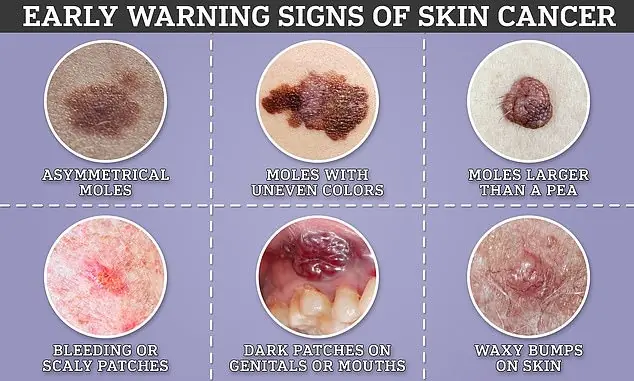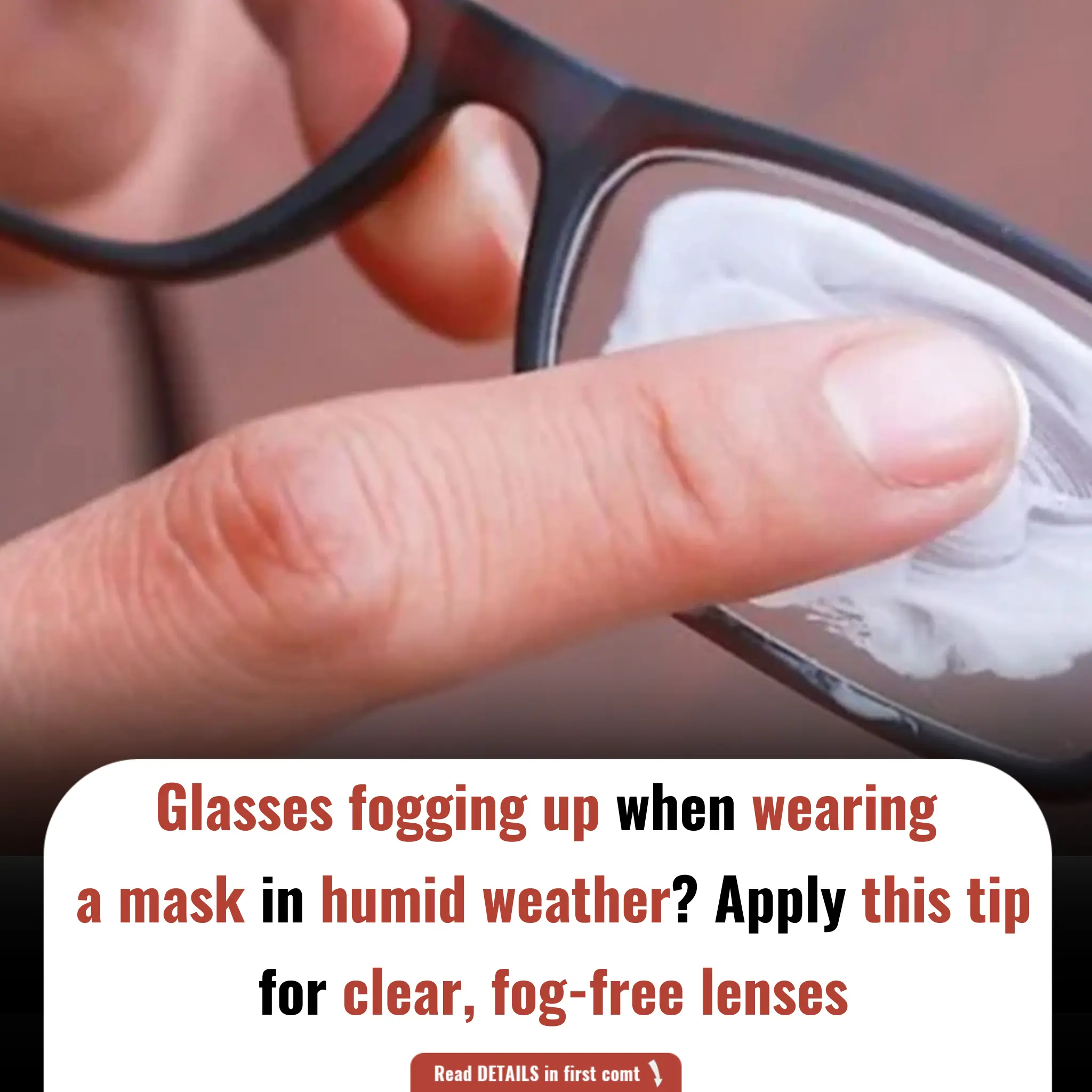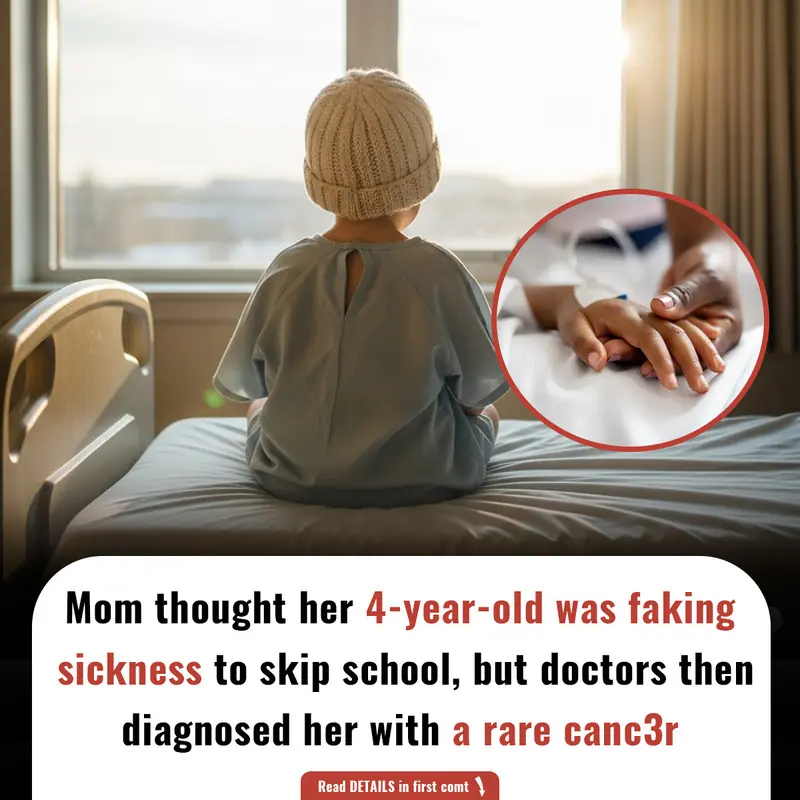
Scientists discover 'remarkable' diet that's said to ease insomnia in one day
Instead of relying on sleep aids or medications, individuals may be able to improve their sleep naturally by making small, sustainable changes to their diet.
As the UK experiences a heatwave with temperatures set to reach as high as 32°C, health experts are raising alarms about the potential risks associated with some common over-the-counter and prescription medications. These widely used drugs, taken by millions of people every day, may increase the risk of skin cancer, particularly in hot weather. The dangers are linked to a phenomenon known as phototoxicity, where certain medications make the skin more sensitive to sunlight, potentially leading to severe burns, skin damage, and even cancer.
In this article, we will explore which medications are most likely to cause such reactions, the science behind this phenomenon, and the steps you can take to protect yourself. With rising cases of skin cancer and an increasing number of young people being diagnosed with melanoma, understanding the relationship between medications and sun exposure is more important than ever.
Understanding Phototoxicity: How Medications Affect Your Skin in the Sun
Phototoxicity refers to a skin reaction caused by certain substances that make the skin more sensitive to ultraviolet (UV) light. When the skin is exposed to UV rays while on these medications, it can lead to rapid skin irritation, burning, and in some cases, long-term damage. Phototoxic reactions can occur after just a brief exposure to sunlight, and in extreme cases, they can increase the risk of skin cancer over time.
Certain medications can trigger these harmful reactions by either absorbing UV light or interacting with the body's natural chemical processes. As a result, medications that are usually harmless can become dangerous when combined with sun exposure, especially during hot weather when UV radiation is at its peak.
Ibuprofen is one of the most widely used nonsteroidal anti-inflammatory drugs (NSAIDs) in the UK, commonly used to relieve pain from headaches, muscle aches, and period cramps. While effective for pain relief, ibuprofen can cause phototoxic reactions, particularly when taken in high doses or when combined with direct sun exposure.
Dr. Thorrun Govind, former chair of the England Pharmacy Board, warned that ibuprofen and other NSAIDs can increase the risk of burning when exposed to sunlight. "Ibuprofen and other NSAIDs can lead to phototoxic reactions, especially when taken in high doses or combined with sun exposure," she explained. "People who take these medications in hot weather should be particularly cautious about spending time in the sun."
Signs of skin cancer range from innocuous to obvious, but experts warn that treating cases early is key to making sure they do not spread or further develop
For those taking ibuprofen, it’s crucial to use adequate sun protection, including high-SPF sunscreen and protective clothing, to minimize the risk of sunburn.
Certain antibiotics, particularly those used to treat infections like sexually transmitted diseases (STDs) and urinary tract infections (UTIs), can make the skin more sensitive to sunlight. Doxycycline and ciprofloxacin are two commonly prescribed antibiotics that are known to cause phototoxicity. These medications absorb UV light, making users more prone to sunburn and skin irritation.
According to Dr. Govind, individuals taking doxycycline and ciprofloxacin should avoid prolonged sun exposure and ensure they use a broad-spectrum sunscreen with a sun protection factor (SPF) of at least 30. The NHS also advises that those on doxycycline avoid using tanning beds and limit direct sunlight exposure during treatment.
In addition to the risk of phototoxicity, these antibiotics may also cause dehydration, nausea, and diarrhea, which can exacerbate the dangers of sun exposure and lead to heatstroke.
Selective serotonin reuptake inhibitors (SSRIs), including medications like sertraline and fluoxetine (Prozac), are commonly prescribed to treat depression and anxiety. However, these medications have been linked to an increased sensitivity to sunlight, which can heighten the risk of sunburn and other skin reactions.
Dr. Govind explained that SSRIs might inhibit the body’s ability to regulate internal temperature, leaving users at risk of overheating and suffering heat stroke. "The medications can trigger excessive sweating, dry mouth, and in some cases, dehydration-symptoms that can be exacerbated during hot weather," she said.
Additionally, some studies have suggested that SSRIs can affect melanin production in skin cells, which increases the risk of burning. For those taking SSRIs, it’s vital to stay hydrated, avoid direct sunlight, and use sunscreen regularly to prevent sun damage.
Hormone replacement therapy (HRT) is commonly used by women to alleviate symptoms of menopause, such as hot flashes, mood swings, and sleep disturbances. However, experts have raised concerns about the potential link between HRT and an increased risk of skin cancer. Research from Lund University suggests that taking HRT could increase the risk of basal cell carcinoma (BCC), the most common form of skin cancer.
According to Dr. Govind, "Taking HRT significantly increases the risk of basal cell carcinoma." Although BCC is slow-growing and generally treatable, it can require invasive surgery to remove the cancerous cells, which can lead to scarring or disfigurement. For women on HRT, Dr. Govind recommends practicing extra caution in the sun, using high-SPF sunscreen, and regularly checking the skin for any unusual changes.
Statins are one of the most commonly prescribed medications in the UK, with millions of people taking them to lower their cholesterol and reduce the risk of heart disease and stroke. However, statins can also make users more susceptible to sunburn. Although this is not a common issue, experts warn that those taking statins should be cautious when spending time in the sun.
Ms. Govind advises, "Always use sun protection regardless." While statins provide significant benefits for heart health, they may increase sensitivity to UV light, leading to a higher risk of sunburn, especially when exposed for prolonged periods. Users of statins are encouraged to wear protective clothing, use sunscreen, and limit sun exposure during peak hours to protect their skin.
The Rising Risk of Skin Cancer: The Role of UV Exposure
Skin cancer, particularly melanoma, is one of the most prevalent and deadly forms of cancer worldwide. In the UK, over 2,000 people die from skin cancer every year, with melanoma accounting for the majority of these fatalities. According to Cancer Research UK, melanoma is responsible for around four out of five skin cancer deaths, and its incidence has been steadily increasing.
Research shows that UV radiation from the sun and tanning beds is responsible for about 90% of melanoma cases. Even five instances of sunburn can double the risk of developing skin cancer later in life. Despite this, many people fail to take proper precautions when spending time outdoors. A recent survey found that only 37% of people apply sunscreen regularly throughout the day, and many people fail to reapply it as often as needed.
As temperatures continue to rise in the UK, it’s more important than ever to be mindful of the medications that could increase your risk of sunburn and skin damage. Protecting your skin from UV radiation is essential for reducing your risk of skin cancer, especially if you’re taking medications that increase sun sensitivity.
Protecting Yourself from Sun Exposure: Practical Tips
If you’re taking any of the medications listed above, it’s crucial to take extra precautions when spending time outdoors. Here are some practical tips to help protect your skin from harmful UV rays:
Stay Safe in the Sun
While medications like ibuprofen, antibiotics, antidepressants, HRT, and statins are commonly prescribed and provide essential health benefits, they can also increase the risk of sunburn and skin damage. This risk is heightened during periods of intense heat, such as the current UK heatwave. It is crucial for individuals taking these medications to be aware of the potential risks and to take appropriate steps to protect their skin from harmful UV radiation.
As the temperature continues to rise and more people head outdoors to enjoy the summer weather, taking precautions to minimize sun exposure and practicing good skincare habits can significantly reduce the risk of developing skin cancer. Whether you’re enjoying a sunny day at the beach or simply spending time in your garden, remember that your health and safety come first-protect your skin and stay informed about the medications you’re taking.

Instead of relying on sleep aids or medications, individuals may be able to improve their sleep naturally by making small, sustainable changes to their diet.

With the rising temperatures and the potential for bacteria growth in the heat, it’s essential to adjust your food storage practices to ensure your meals remain safe and enjoyable.

While protein shakes have become a staple for many individuals looking to maintain muscle mass or lose weight, recent research suggests that these seemingly innocent supplements may pose significant risks to long-term health.



While many of these foods may be considered indulgent or "fancy," the risks they pose are very real and can have life-threatening consequences.













A groundbreaking app, Circadian AI, developed by a 14-year-old, uses machine learning to analyze heart sounds and detect early signs of heart disease with 96% accuracy in just seven seconds.

Mary's inspiring story of overcoming a turbulent childhood, discovering her roots, and finding love and happiness. A tale of resilience, self-discovery, and the power of family.

At 100, Layne Horwich faced bre@st canc3r with bravery. Learn how her active lifestyle, strong will, and a decision to undergo surgery helped her beat canc3r and inspire others to prioritize their health.

Inspired by Sandra Bullock's profound wisdom, this piece explores the power of choosing peace over retaliation. Learn how empathy, silent strength, and the courage to move forward define true resilience and foster personal growth in the face of disrespect

Mason Wartman’s Rosa’s Fresh Pizza turned $1 slices into a kindness movement. Read his story! ❤️🍕

Discover the history and beauty of Hàng Trống paintings, one of Vietnam's three most iconic folk art traditions. Learn about its cultural significance and lasting impact, showcased through the eyes of an artisan at work.

Ada Blackjack survived alone in the Arctic for two years, a forgotten hero. Discover her incredible story! ❤️❄️

Found tied up and heartbroken, one dog's life changed forever. Discover his journey from abandonment to a loving home, a powerful story of rescue, unconditional love, and the profound joy of giving a second chance to a deserving soul.

Discover the incredible journey of a family from hardship to success. From being placed in a Catholic orphanage to serving in WWII, this family's resilience and love for each other became their strength.

A wealthy father goes undercover as a poor man to test the sincerity of his son’s fiancée and her wealthy parents. Tension builds as the family tries to humiliate him, but an unexpected revelation leaves everyone speechless.

After being unfairly blamed for a mess at the office, Valya finds an unexpected ally in her office rival, Marianna. Together, they confront the CEO, and Valya learns the power of standing up for herself. A story of empowerment, confrontation, and self-wor

Instead of relying on sleep aids or medications, individuals may be able to improve their sleep naturally by making small, sustainable changes to their diet.

Lonely pensioner, Brenda, has spent most of her life providing shelter cats with a forever home. When her newest pet, Lucky, starts bringing home dollar bills, Wendy quickly realizes something suspicious is happening in her neighborhood.

With the rising temperatures and the potential for bacteria growth in the heat, it’s essential to adjust your food storage practices to ensure your meals remain safe and enjoyable.

While protein shakes have become a staple for many individuals looking to maintain muscle mass or lose weight, recent research suggests that these seemingly innocent supplements may pose significant risks to long-term health.



A strange sound from the bathroom on a cross-country flight gives flight attendant Lenna a terrible fright. Little does she realize that the kid inside will forever change her life.

While many of these foods may be considered indulgent or "fancy," the risks they pose are very real and can have life-threatening consequences.
